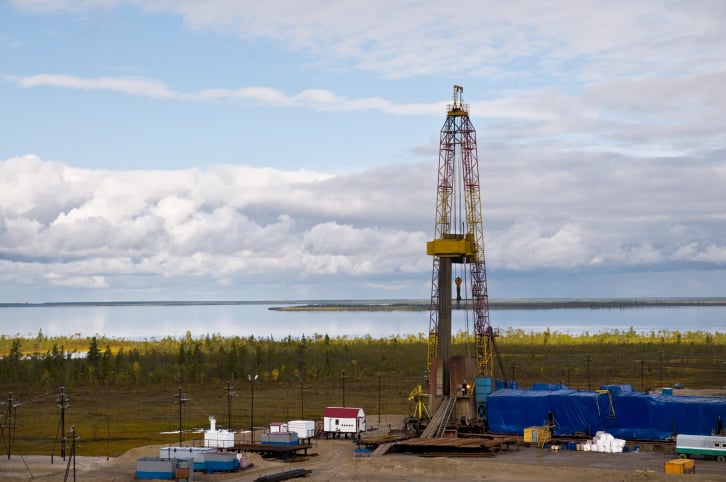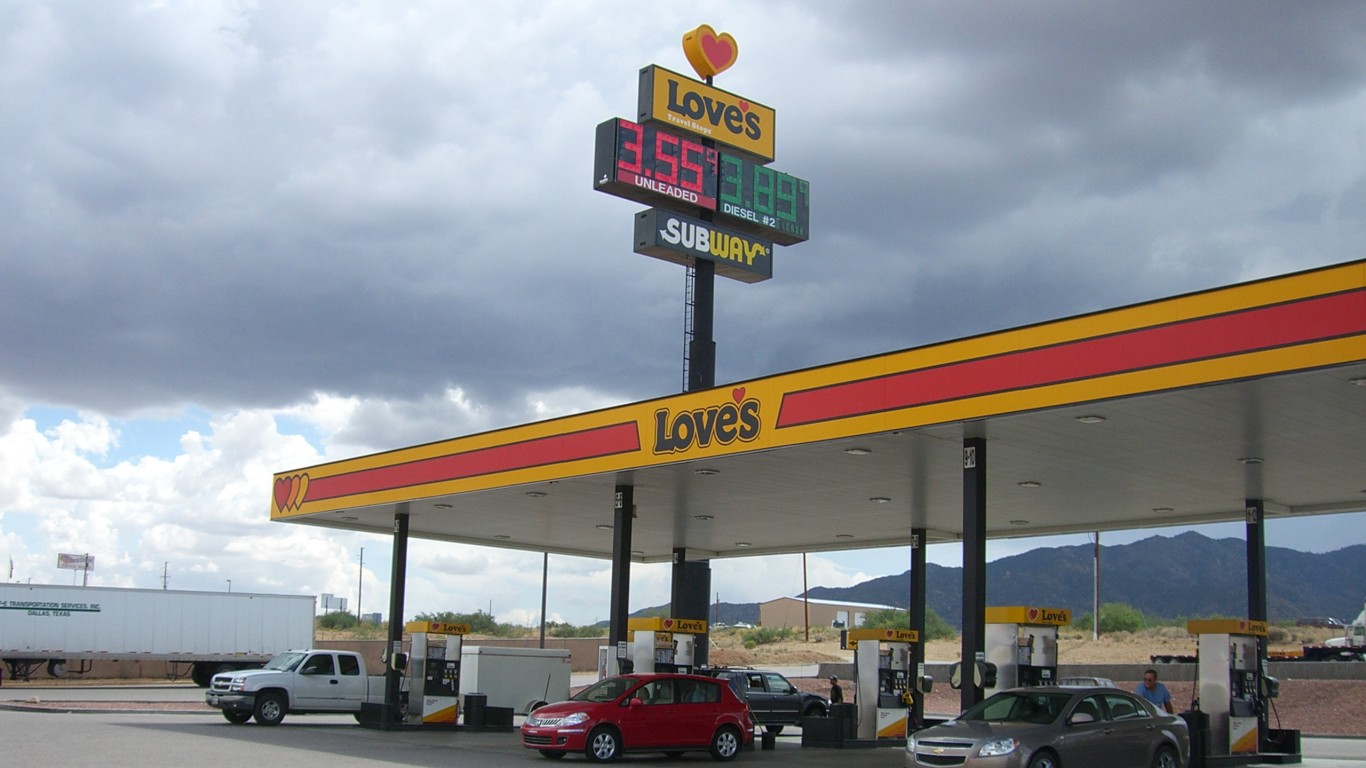People with long memories, especially those in the oil industry, remember the oil crash in 1986. Just like last year, in a matter of months oil dropped over 50%, except then it went from $30 a barrel to a low of $12. What was remarkable is that, according to a new research note from Jefferies, within 18 months over 25% of the exploration and production (E&P) companies went out of business. While hopefully history will not repeat itself, investors need to be sharp when buying E&P companies now. Source: Thinkstock
Source: Thinkstock
It was the usual story: too much debt, too many wells, not enough reserves and, just like this time, an un-cooperative OPEC tossed into the mix. With data Jefferies supplied on companies that went out of business, we screened their E&P universe for companies likely to survive this oil plunge. While there are no guarantees ever, we found five that should do just fine.
Concho Resources Inc. (NYSE: CXO) is a top energy play in the Permian Basin in West Texas. The company is an independent oil and natural gas company engaged in acquisition, development and exploration. It also may be a possible takeover candidate. Concho recently completed a successful secondary stock offering that may have raised close to $1 billion. The company plans to use the proceeds from this offering to repay debts under the company’s credit facility, as well as for financing its three-year accelerated growth plan, capital expenditure tied to the recently announced midstream joint venture and potential future asset buys.
The Jefferies price target for the stock is $133. The Thomson/First Call consensus price target is $119.04, and shares closed Wednesday at $118.26.
ALSO READ: 3 Top Oil Stocks to Buy and 2 to Sell Now
Devon Energy Corp. (NYSE: DVN) is expected to have 48% or more of its total 2015 production in natural gas. The company is an independent driller primarily active in the United States. More than 70% of its U.S. reserves are in natural gas, with most of that lying in Texas’s Barnett Shale. The company plans to invest a total of more than $1.1 billion in the Eagle Ford shale and drill more than 200 wells. Daily production is just under 2 billion cubic feet. This is a pure-play natural gas stock that investors can feel very comfortable holding for a long time, as it is not pegged to the oil markets.
Devon investors are paid a 1.4% dividend. The Jefferies price target is $74. The consensus price target is much lower at $69.52. Devon closed Wednesday at $63.95.
Pioneer Natural Resources Co. (NYSE: PXD) was the ultimate shale-oil growth story for the past five years, and it was eviscerated in the sell-off. Pioneer is a huge player in the Permian Basin and the Eagle Ford in Texas, and it owns more than 20,000 locations in the world’s second largest oil reservoir in the Midland Basin. In addition, it owns its own frac fleets, allowing Pioneer to be a low-cost, high-margin producer, which could prove to be huge with prices lower for a protracted period. Pioneer was also one of the firms named by the Commerce Department to produce and export condensate. With a big secondary last November and more asset sales on tap, the company could have balance sheet debt close to zero this year.
Pioneer investors are paid a tiny 0.05% dividend. The Jefferies price target is $193, and the consensus is set at $171. The stock closed trading on Wednesday at $156.95.
ALSO READ: These 2 Stocks Could Double on a Massive Short-Squeeze
Range Resources Corp. (NYSE: RRC) is another top stock to buy for possible gains in natural gas, especially with the possibility of a continued wretched winter in the Northeast and other parts of the country. The company holds interests in developed and undeveloped natural gas and oil leases in the Appalachian and Southwestern regions of the United States. It owns 4,637 net producing wells and approximately 1.6 million gross acres under lease in the Appalachian region. It also owns 1,536 net producing wells and approximately 811,000 gross acres under lease in Southwestern region.
Shares have been walloped to the tune of almost 50% over the past year. Range Resources investors are paid a small 0.3% dividend. The Jefferies price target is $59, but the consensus figure is at $69.97. Range closed trading Wednesday at $51.89.
Southwestern Energy Co. (NYSE: SWN) surprised analysts when it actually raised its capital expenditure budget for 2015, and it remains bullish on a rise in natural gas prices in 2015. The company’s exploration and production business has operations in the Fayetteville Shale in Arkansas, the Marcellus Shale in Pennsylvania, as well as other plays in Texas, Arkansas and Oklahoma.
The Jefferies price target is posted at $30, and the consensus target is higher at $31.80. Shares closed trading on Wednesday at $27.23.
ALSO READ: With Oil Cut in Half, Will Any of the Majors Cut Dividends?
Some of the Jefferies picks lean to the natural gas side, so investors have the ability to choose which part of the energy table they like the best. Plus, natural gas is not as tied to the oil markets and should get a boost from an absolutely frigid winter in the Northeast and Midwest. After one of the biggest sell-offs in energy since the 1986 collapse, there are still solid bargains to be found. These bargains should also be able to weather the storm.
Take This Retirement Quiz To Get Matched With A Financial Advisor (Sponsored)
Take the quiz below to get matched with a financial advisor today.
Each advisor has been vetted by SmartAsset and is held to a fiduciary standard to act in your best interests.
Here’s how it works:
1. Answer SmartAsset advisor match quiz
2. Review your pre-screened matches at your leisure. Check out the
advisors’ profiles.
3. Speak with advisors at no cost to you. Have an introductory call on the phone or introduction in person and choose whom to work with in the future
Take the retirement quiz right here.
Thank you for reading! Have some feedback for us?
Contact the 24/7 Wall St. editorial team.


